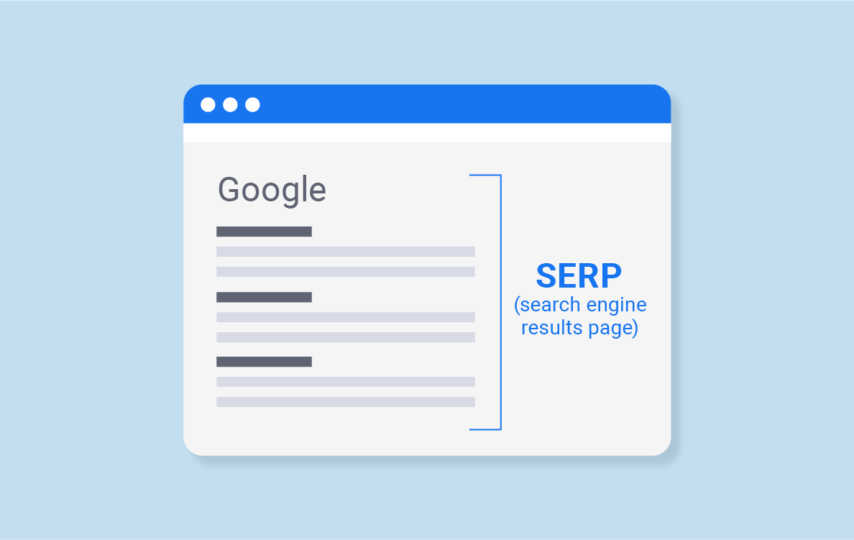Everyone wants to know how to make their business stand out on the search engine result pages, or SERPs. Search engines are one of the most powerful tools on the internet for your business to take advantage of. Often a customer’s journey to buy a product or service will now begin with a humble search for said product. We’re sharing some of our top tips for standing out on the SERPs this year, which could also help you fly up the rankings.
Customer Reviews
Gathering customer feedback is such a powerful strategy for businesses, but it’s also crucial for search engine results. When Google finds reviews on your website, they can display these as a ‘rich snippet’ which includes stars and information from your reviews directly on your result.
Rich snippets are found in regular Google search results, but they display extra information about your company, which can massively improve your listings on the SERPs. Customers are much more likely to click on listings with rich snippets. They can quickly improve your Click Through Rate (CTR), which is one of Google’s ranking factors.
Additionally, if people leave your business reviews on Google, this will help with your trust level within the search engine. Good reviews prove to Google that you have a great quality product or service and will help you to rise up the rankings.
Featured Page Snippets
Similarly to how you can earn rich snippets from reviews, you can also optimise your website in other areas in order to gain featured page snippets. Usually, featured snippets provide an answer to a question, or take the form of a list. HubSpot found that featured snippets increased Click Through Rates by 114%. This goes to show just how impactful featured snippets can be.
Figure out how you could potentially get featured by thinking about a question you could answer that’s related to your industry or business and then answer in a concise way. You could host the content as a blog post on your website. As mentioned, lists are a popular form of featured snippets, so if it’s possible to break your blog post down into a list style, then this could be advantageous.
Optimise Page Titles
It’s important to note that 53% of the 20 top search engine results use keywords in their page titles. Google uses body text and subheaders amongst other factors to match results to searches.
Research keywords in your industry and spend some time analysing the SERP’s to see if the exact keywords appear in competitors’ organic results. This will give you an idea of what the formula is for ranking so that you can build your own strategy using this information as a starting point.
Focus On Meta Descriptions
Well thought out, optimised meta descriptions are another great way to stand out on the SERP’s. Meta descriptions will sit below your page title and provide a short description of what customers can expect to find if they click on your result. Therefore, they need to be compelling enough to encourage the reader to click and read the page in detail. Meta descriptions aren’t thought to affect ranking results directly, so you can write a description purely based on drawing the user to your site. The more users click through to your site, the higher you will rank on SERPs.
Customise Your URLs
URLs won’t affect your ranking as such, but by customising your URL, you can give your customers a clear description of what your link relates to. Microsoft research discovered that there is a level of ‘domain bias’, finding that descriptive URLs get 25% more clicks than non-descriptive URLs.
If you use a content management system, you can usually amend your URLs before publishing pages to ensure they are as relevant as possible to attract clicks. You can even work through previously published pages and amend the URLs to make them relevant. However, you should ensure you have 301 redirects set up for the original URLs.
Putting It All Together
With rich snippets, featured page snippets, optimised SEO titles, meta descriptions and descriptive URLs there’s plenty of ways you can focus on standing out on the SERPs this year. The benefits you can gain from increased organic click-through rates will also be a big boost for your business. With time and effort, increased organic web traffic can lead to higher search rankings.
Think about utilising customer reviews to get rich snippets, making you stand out at the top of the results page. Then, work on using all of the tips outlined above, to improve your website in general. Putting the time and effort into optimising your website could stand you in front of potential customers on the SERPs, which is precisely where you need to be.








